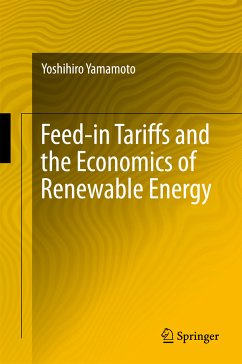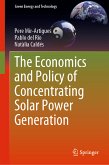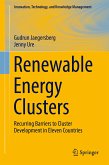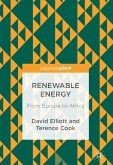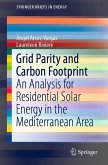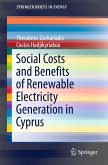This book offers a theoretical model of feed-in tariffs and provides different investigations into the promotion of renewable energy. The first part of the book proposes a model to investigate feed-in tariffs, that is, how to set a price for the electricity generated from renewable energy sources and fed into the power grid. The second part examines other important features of renewable energy development, such as uncertainty, diffusion of innovation, partnership among relevant parties, and community.
Aiming for applicable results, this book provides a theoretical basis for the design of an effective, efficient, and tractable system for promoting renewable energy. This book is meant for researchers, policy makers, graduate students, and anyone interested in the economic and social aspects of renewable energy development.
Dieser Download kann aus rechtlichen Gründen nur mit Rechnungsadresse in A, B, BG, CY, CZ, D, DK, EW, E, FIN, F, GR, HR, H, IRL, I, LT, L, LR, M, NL, PL, P, R, S, SLO, SK ausgeliefert werden.

